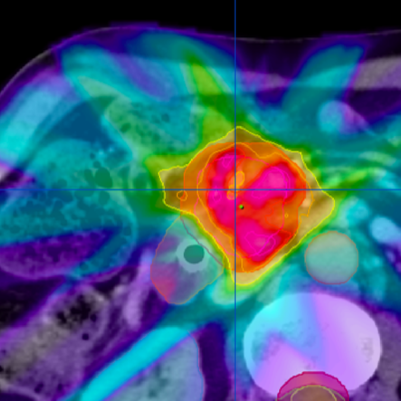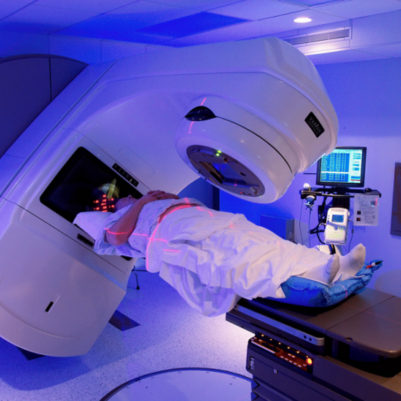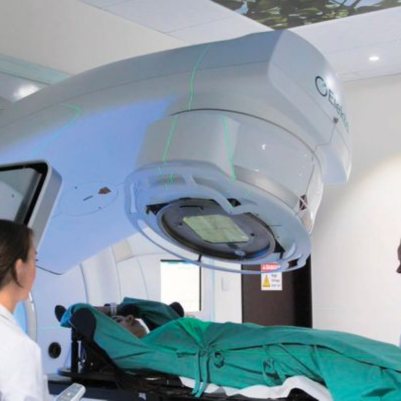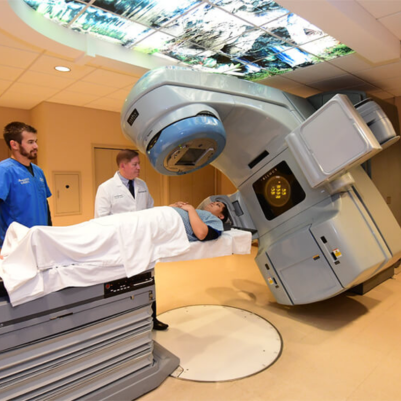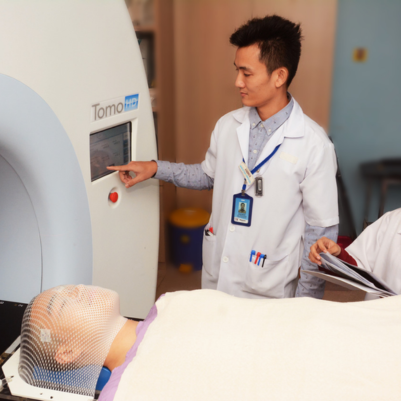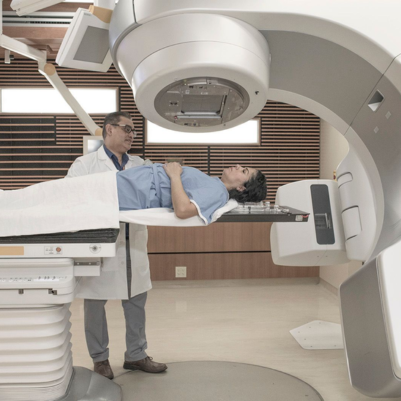
Soft Tissue Tumors
Soft tissue tumors refer to growths or masses that can develop in the soft tissues of the body, including muscles, tendons, ligaments, nerves, blood vessels, and fat. They can be either benign (non-cancerous) or malignant (cancerous).
Soft tissue tumors refer to growths or masses that can develop in the soft tissues of the body, including muscles, tendons, ligaments, nerves, blood vessels, and fat. They can be either benign (non-cancerous) or malignant (cancerous). Benign tumors are more common, but malignant soft tissue tumors, known as sarcomas, can be aggressive and require specialized treatment.
Types of Soft Tissue Tumors
- Benign Tumors: These are non-cancerous growths that typically do not spread to other parts of the body. Examples include:
- Lipoma: A benign tumor of fat cells.
- Hemangioma: A benign tumor of blood vessels.
- Schwannoma: A benign tumor of the nerve sheath.
- Malignant Tumors (Sarcomas): These are cancerous growths that can invade nearby tissues and spread to other parts of the body. Examples include:
- Liposarcoma: A malignant tumor of fat cells.
- Leiomyosarcoma: A malignant tumor of smooth muscle cells.
- Rhabdomyosarcoma: A malignant tumor of skeletal muscle cells.
Symptoms
- A noticeable lump or swelling, which may or may not be painful.
- Limited mobility or discomfort if the tumor is located near a joint or muscle.
- Persistent pain, especially if the tumor is pressing on nerves or nearby structures.
Diagnosis
- Imaging: MRI, CT scans, and ultrasounds help visualize the tumor and its location.
- Biopsy: A tissue sample is taken and examined under a microscope to determine whether the tumor is benign or malignant.
Treatment
- Surgery: The primary treatment for both benign and malignant soft tissue tumors. For malignant tumors, wide excision is important to ensure complete removal.
- Radiation Therapy: May be used pre- or post-surgery to target remaining cancer cells in the area.
- Chemotherapy: May be recommended for certain types of sarcomas, particularly if the tumor is large, high-grade, or has spread.
- Targeted Therapy: For some sarcomas, targeted drugs may be used to attack specific features of the cancer cells.
Prognosis
- Prognosis depends on the type, size, and location of the tumor, as well as whether it is benign or malignant.
- Malignant tumors that are diagnosed early and treated aggressively can have a better prognosis.
Conclusion
Soft tissue tumors can vary greatly in their behavior and impact on health. Early diagnosis and appropriate treatment are crucial, particularly for malignant tumors. Multidisciplinary care involving specialists such as surgeons, oncologists, and radiologists can help provide the best outcomes for patients.

